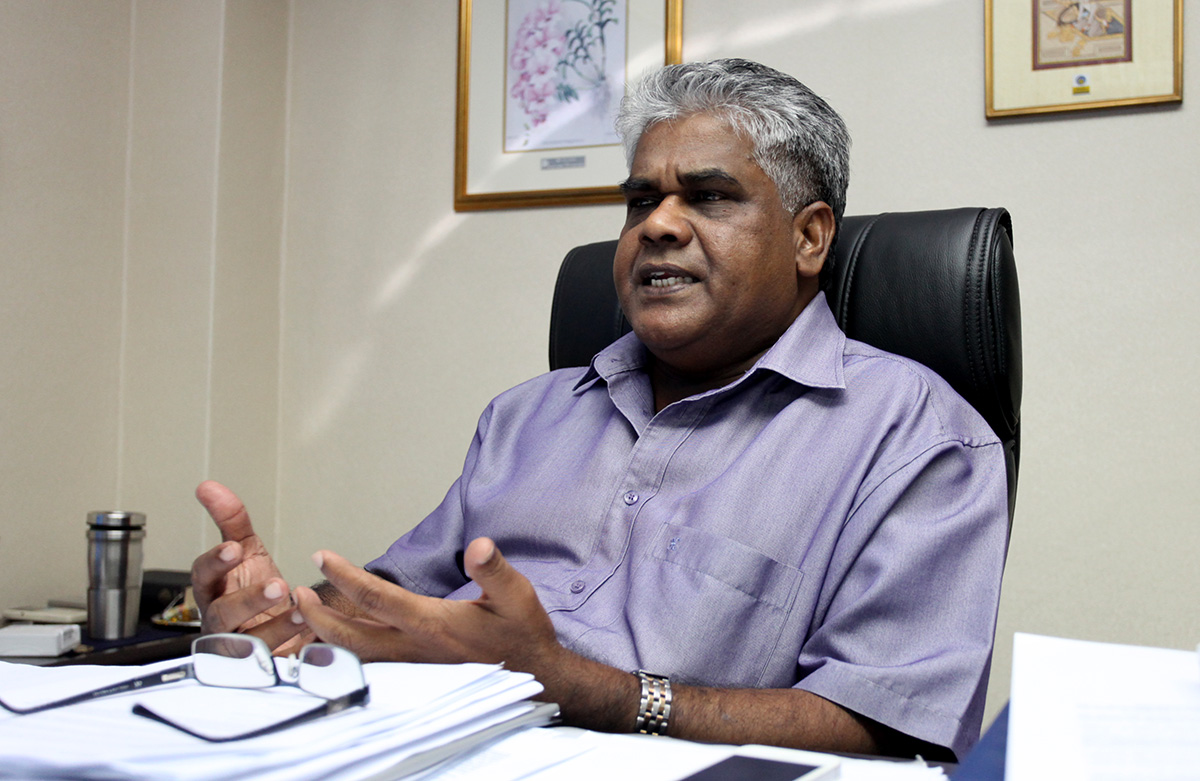How Budget 2015 Could Help The Working Class Cope With Rising Prices
The Malaysian Employers Federation (MEF) and Malaysian Trades Union Congress (MTUC) give suggestions on how the new budget can effectively help companies and employees survive in these tough times.
With the petrol price increase and impending GST, the rising cost of living is becoming even more concerning
Concerned over the rising cost of living and worried about the impact of the Goods and Services Tax (GST), the umbrella bodies of unions and employers want Putrajaya to cushion the blow through tax breaks and living allowances to lighten the burden of companies and their employees.
Union groups and employer bodies want Budget 2015 to lighten the burden of companies and employees through these measures
The Malaysian Employers Federation (MEF) said the GST would have a huge impact on both employers and the working class due to the overall nature of the tax.
The Malaysian Trades Union Congress (MTUC), meanwhile, said the lack of any cushion may push workers to take on more jobs or work more overtime to make ends meet, with negative consequences on productivity in the long term.
The Malaysian Trades Union Congress (MTUC) suggests that the cost of living allowance be implemented in the private sector as practised in civil service
MTUC secretary-general N. Gopal Kishnam suggested that a cost of living allowance (Cola) be implemented in the private sector, as practised in the civil service. "Putrajaya has been paying Cola to civil servants for several years, why can't the private sector follow suit?" Gopal asked.
The government has said that the GST will not be imposed on essential items such as basic food stuff and some services, and also gives yearly one-off cash assistance through the Bantuan Rakyat 1Malaysia (BR1M) scheme. But Gopal said a longer-term measure like Cola would be more beneficial.
"All workers, whether in the private or public sector, are facing difficulties in making ends meet. Cola payments may go some way towards alleviating their burden. "Many poor workers only earn about RM1,500 a month, which they spend on their daily needs and to take care of their families. "These workers either try to maximise their overtime claims or take up a second job just to try and make ends meet," Gopal told The Malaysian Insider.
Putrajaya should postpone the removal of subsidies until the salaries of employees catch-up to that of a high-income society
Gopal added that Putrajaya should postpone the removal of subsidies until the salaries of Malaysian workers had increased to that of a high-income society. "Otherwise, their burden will just get heavier and heavier trying to juggle the various bills on a limited income," Gopal said, adding that subsidy removals meant higher prices.
As two-thirds of Malaysian families do not own their own properties, Putrajaya should make housing more affordable
Gopal added that Putrajaya should also focus on making housing more affordable, as more than two-thirds of Malaysian families did not have their own properties.
Helping women return to the workforce after maternity can help the working class keep up their household income
The government can also help the working class keep up their household income by helping women return to the workforce after maternity by opening more daycare centres at the workplace, he said.
Reducing Malaysia's high corporate tax rate of 25% can help smaller companies to continue operating
Shamsuddin suggested that Putrajaya reduce corporate and individual income tax, noting that Malaysia's current corporate tax rate of 25% was still high compared to other Asean countries.
"MEF hopes that Putrajaya will assist the private sector by reducing taxes. If we look at neighbouring Asean countries, Malaysia's corporate tax rate is not low, it is too high," Shamsuddin said, suggesting it be lowered to 20%. "This will help the smaller companies to continue operating, especially during tough times like this. At the same time, companies do not need to lay off workers.
Lowering the individual income tax rate is critical to offset the burden middle-income groups would face when GST is implemented
Besides corporate taxes, Shamsuddin also suggested lowering the individual income tax rate, especially for the middle-income group. "This is quite a critical matter as GST is being implemented, additional burdens will be shouldered by the middle-income group, who are the biggest contributors of income tax.
"The middle-income group spend a lot in the GST sector, such as at supermarkets, hypermarkets and major retail outlets," Shamsuddin said. "They are the ones who will feel the biggest effect of GST once it is implemented on April 1 next year. If they are used to spending RM1,000, the cost will increase by 6%."
The maximum rate for the individual income tax band is 26%, while the corporate tax rate is 25%.
Putrajaya should also review the current income tax relief and exemption for taxpayers as GST serves as a new source of income for the government
Besides reducing taxes, Putrajaya also needs to review the current income tax relief and exemptions for taxpayers, Shamsuddin said. "Is it friendly towards taxpayers? Does it really meet their needs? The introduction of GST means that Putrajaya has a new source of income."
Shamsuddin suggested a larger quantum in tax exemptions for contributions towards the Employees Provident Fund and the Private Retirement Scheme.


